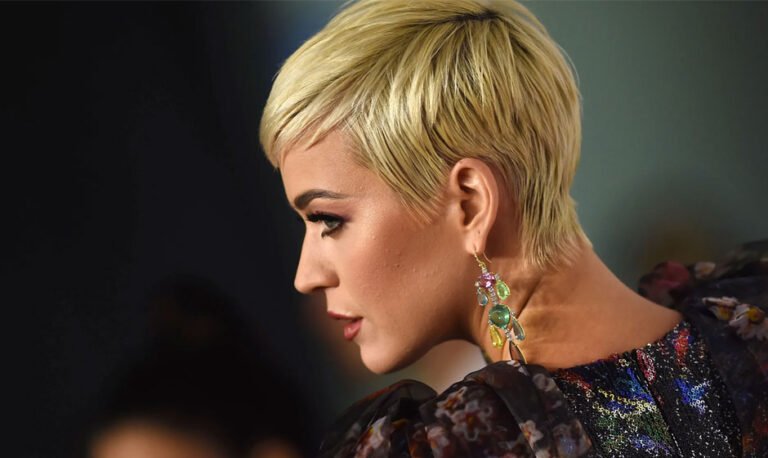Introduction
In a high-profile legal battle, the fate of Katy Perry’s 2013 mega-hit “Dark Horse” hangs in the balance. A jury will determine the value of the song and the compensation owed to Christian rapper Marcus Gray, who claims that Perry copied his work. In this article, we delve into the closing arguments presented by both sides and examine the contrasting figures proposed.
The Claims
Marcus Gray, along with his co-writers of the 2009 song “Joyful Noise,” argues that they should receive nearly $20 million from the enormous success of Perry’s “Dark Horse,” which grossed approximately $41 million. On the other hand, the defense contends that an award of around $360,000 would be more appropriate.
Assessing the Arguments
Gray’s attorney, Michael A. Kahn, asserts that Perry and her team have profited immensely from infringing on his client’s copyright. He seeks a fair share of the defendants’ profits, representing 45% of the earnings from Perry’s album “Prism,” which includes the disputed song. In contrast, the defense proposes distributing the award money based on the number of songs on the album.
The defense, representing Katy Perry, Capitol Records, and producer Dr. Luke, argues that Gray’s claims are exaggerated and unreasonable. Attorney Aaron M. Wais, relying on expert testimony, maintains that the disputed portion of “Dark Horse” is worth a mere 5% of its total earnings. Wais further suggests that Perry’s celebrity status, rather than any specific element of the song, was the primary driver of its success. He questions whether the song would have achieved similar popularity if performed by an anonymous artist.
Additionally, the defense subtracts approximately $11 million in expenses incurred by Capitol Records for promotion and production of the song. The plaintiffs, however, argue that these costs should not be factored into the calculation of compensation.
The Jury’s Verdict and Implications
During the initial phase of the trial, the jury surprised many by finding all six writers of “Dark Horse” liable for copying from “Joyful Noise,” even though only a section of the instrumental track was in dispute. This includes Katy Perry, who co-wrote the lyrics, and Juicy J, who provided a rap break. The plaintiffs’ claim of $41 million is based on the collective earnings of the songwriters and Capitol Records before deducting expenses.
If the jury sides with Marcus Gray, it would mark a significant victory for an obscure artist against a major pop star. Similar copyright infringement cases involving hit songs have arisen in recent years, often involving prominent artists on both sides. For instance, in the well-known “Blurred Lines” case, Robin Thicke and Pharrell Williams were ordered to pay nearly $5 million to Marvin Gaye’s children. Tom Petty also secured a share of the royalties from Sam Smith’s “Stay With Me” due to melodic similarities.
Conclusion
The closing arguments in Katy Perry’s “Dark Horse” trial have presented contrasting figures and perspectives on the extent of copyright infringement and the resulting compensation. The jury’s decision will determine the financial implications for both parties involved. As the music industry continues to grapple with copyright issues, this case highlights the importance of protecting artistic integrity and respecting intellectual property rights.



